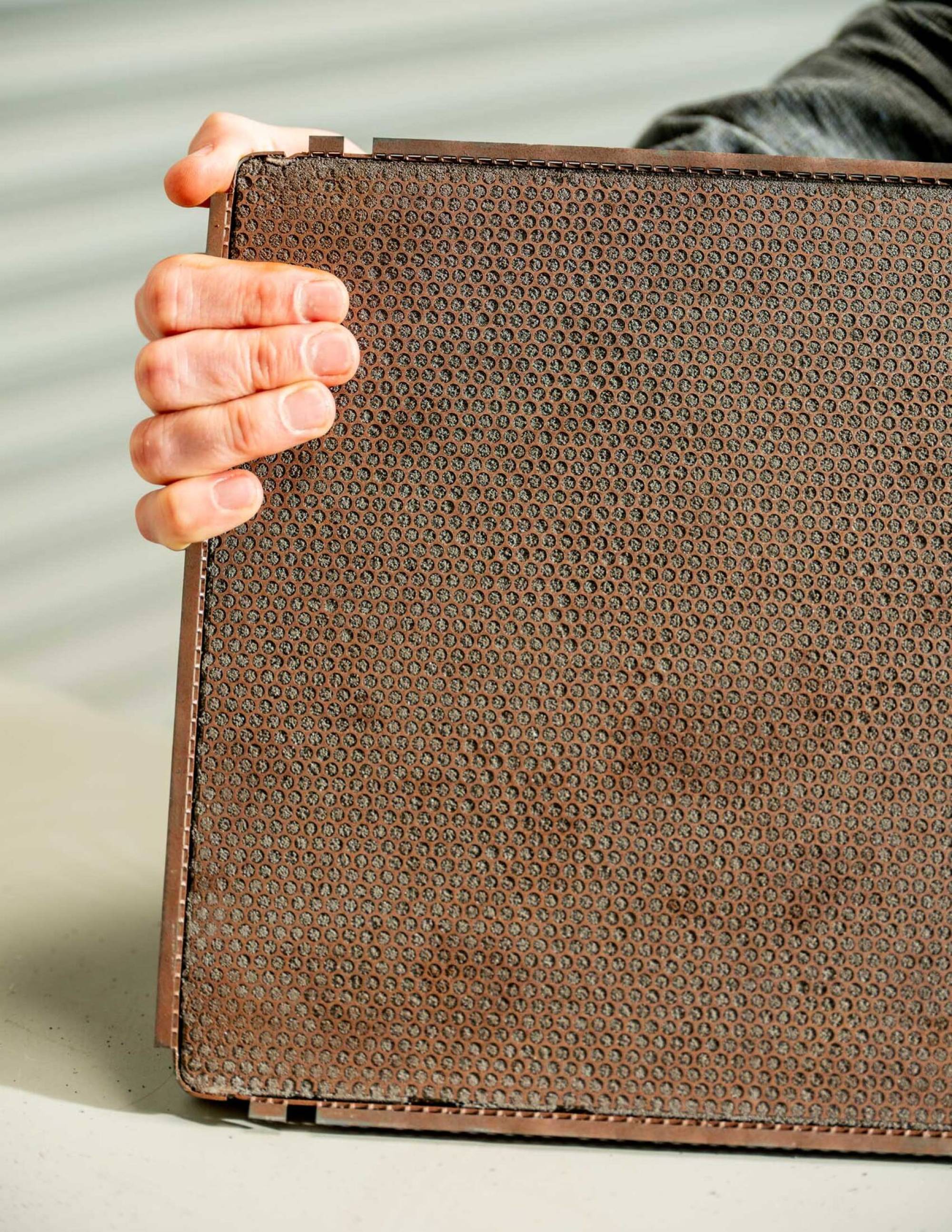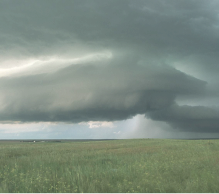
Cayce Clifford for Bloomberg Green
IN PARTNERSHIP WITH

Launched in 2020, Bloomberg Green is a multi-platform news brand centered on the business, science, and technology of climate change. Offering news, analysis, and solutions, its content appears on the Bloomberg Green website, a daily email newsletter, a weekly podcast, the Bloomberg Green magazine, and the Bloomberg Terminal, with integration across digital video, Bloomberg Quicktake, Bloomberg Television, Bloomberg TV+, Bloomberg Radio, and Bloomberg Live events.


